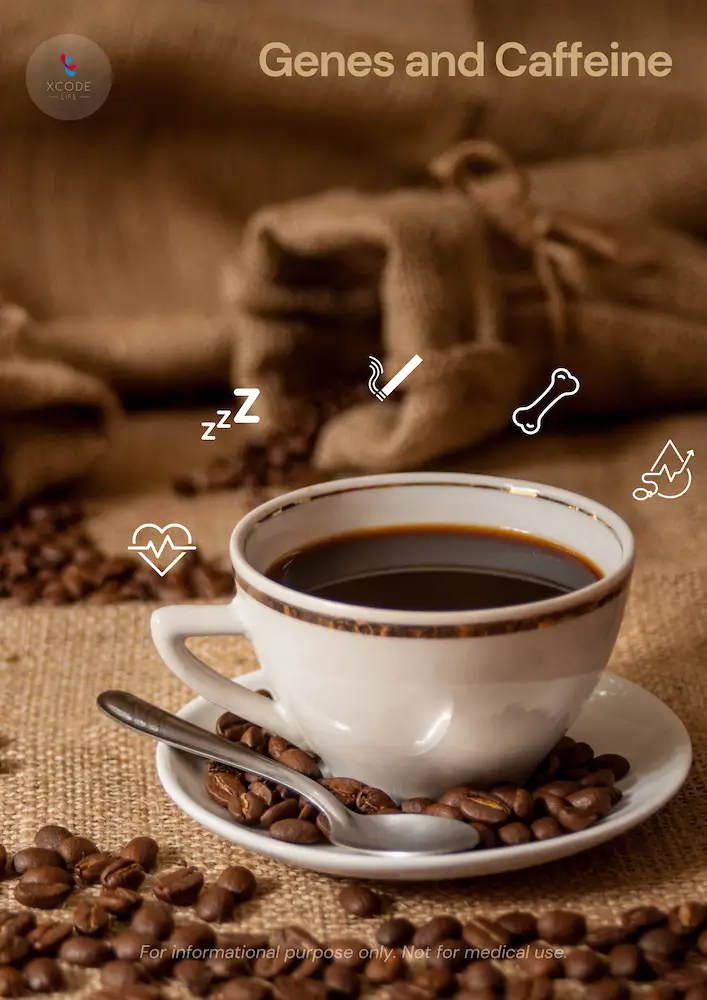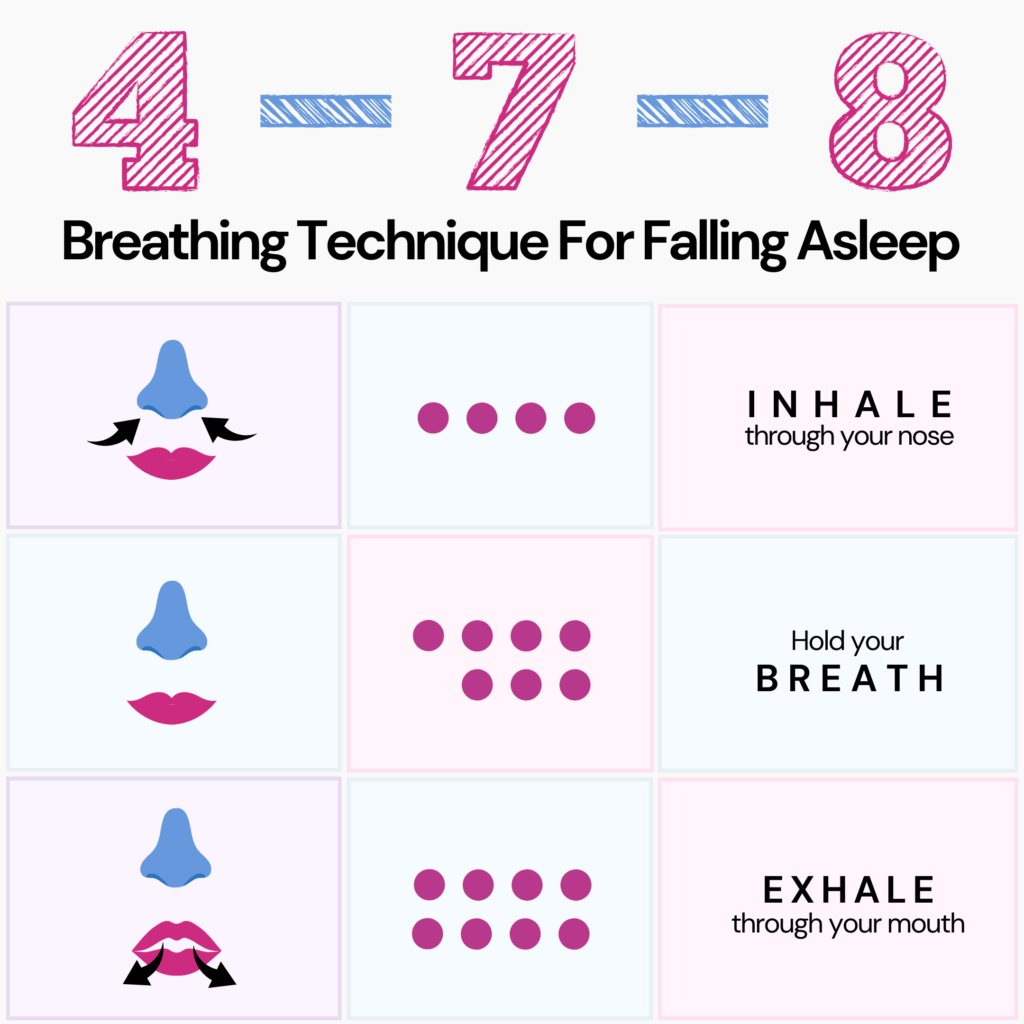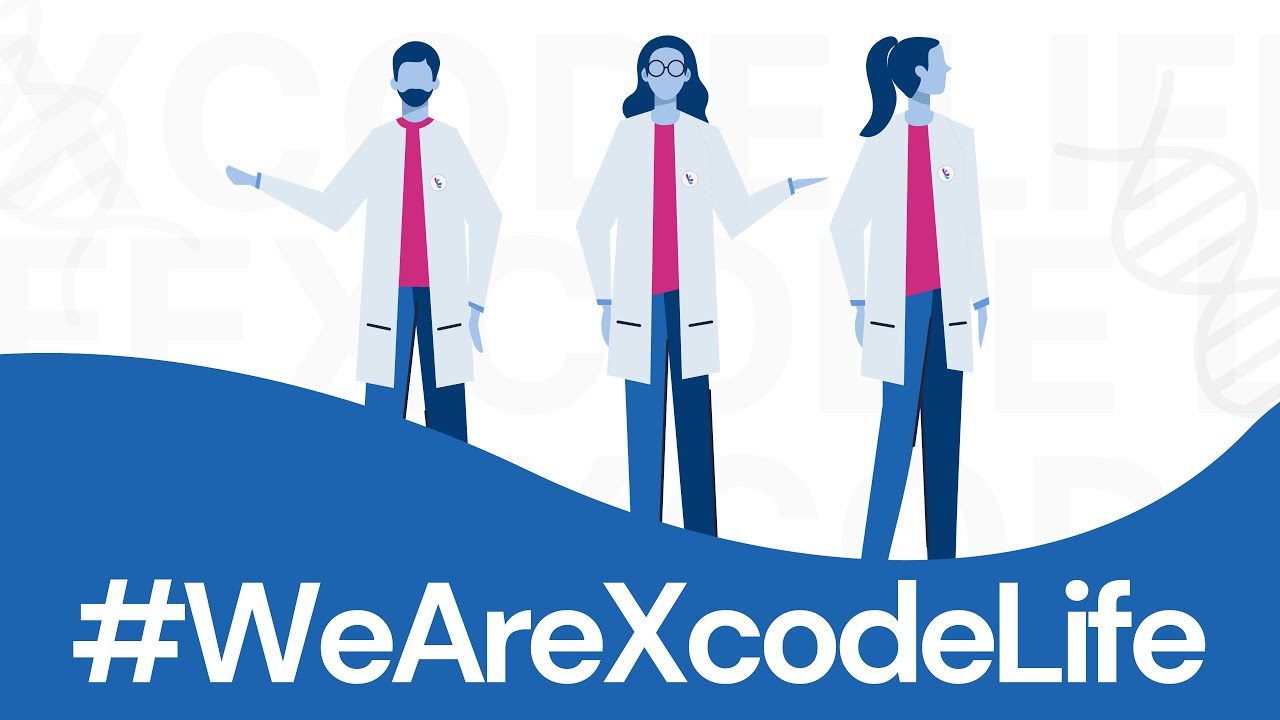In our continuous pursuit of optimal health and well-being, biohacking emerges as a revolutionary approach that leverages our understanding of biology and genetics to tailor lifestyle and wellness practices. Biohacking isn't just about extreme dietary changes or sophisticated technology; it's about making small, informed tweaks to your daily habits to improve overall health. Here, we present seven easy-to-implement biohacks based on genetic insights and practical wisdom to help transform your health today.
1. Identifying Your Food Intolerances and Sensitivities
Chronic gut issues such as abdominal cramps, nausea, bloating, and gas may indicate underlying food intolerances.
Rather than abruptly eliminating certain food groups, employing an elimination diet can help identify triggering agents.
By gradually reintroducing specific foods and monitoring their effects, individuals can pinpoint triggers and make informed dietary adjustments.
Pro tip: A nutrition genetic test can help identify your risk for food intolerances and allergies, thereby cutting back on trial and error. Such tests examine a certain group of genes that are associated with abnormal responses to certain foods and check if you carry any “risky gene changes.”
2. Rethinking Your Coffee Routine
Did you know that coffee (black) is one of the beverages that have consistently, across many decades and populations, been scientifically proven to have health benefits?
So, you can consider switching from milk to black coffee. Start by adding less and less milk to your coffee to wean off slowly.
Notice how caffeine affects your body - caffeine jitters and sleeplessness - and moderate your caffeine intake accordingly to biohack your body into responding favorably to caffeine.
The reason why caffeine affects different people differently is that some of us harbor a change in the caffeine-processing gene, due to which we metabolize and eliminate caffeine slowly.
These “slow metabolizers” may be better off finishing their last cup of coffee before 2 PM.

Genes And Caffeine DNA Report
$50 $20 (Product Rating: 4.8/5)
A personalized guide on your body’s relationship with caffeine
Learn your caffeine metabolizer status and associated health risks by uploading your raw DNA data.
3. Fine-tuning Your Workout Regime
The hardest thing about working out is being consistent.
A busy schedule, lack of motivation, pain and injury, not seeing desired results, and a lot of other things can prevent us from exercising regularly.
Setting SMART (specific, measurable, attainable, relevant, and time-bound) goals can help keep you focused and motivated.
Working out with a partner adds motivation and accountability, making exercises more enjoyable.
Equally important is allowing your body sufficient rest between workouts to prevent burnout and injury.
Did you know? Your muscle fibers “naturally” support certain types of activities - endurance or power-based. Further, there are also genetic factors at play here, which could influence your injury risk, ligament strength, motivation, recovery pace, etc. Having an understanding of your genetic profile can help you tailor your workouts to your body type and get optimal results.
4. Embracing Cold Showers
Cold showers can boost circulation, reduce muscle soreness, and potentially increase your alertness and resilience to stress.
They have been shown to have positive effects on white fat, brown fat, and the body’s immune defenses.
In contrast to hot showers, cold showers have a short list of drawbacks, primarily related to discomfort and potential risks for individuals with certain health conditions.
It's recommended to gradually ease into cold showers, starting with shorter durations and increasing the time and frequency.
It's also essential to consult a healthcare professional before starting cold showers if you have certain medical conditions.
5. Practicing Deep Breathing Techniques
Deep breathing exercises, such as the 4-7-8 technique or box breathing, can have an immediate calming effect on the nervous system.
These practices can be done anywhere, anytime, and serve as powerful tools for managing stress, improving focus, and enhancing overall well-being.
The 4-7-8 deep breathing technique
It involves inhaling for 4 seconds, holding the breath for 7 seconds, and exhaling for 8 seconds.
This method, derived from an ancient yogic technique known as pranayama, aims to activate the parasympathetic nervous system and reduce anxiety.

Box Breathing
Also referred to as square breathing, it is another deep breathing method used for stress and anxiety management.
It entails taking slow, deep breaths in a specific pattern to promote calmness and focus.
The technique involves inhaling for 4 seconds, holding the breath for 4 seconds, exhaling for 4 seconds, and then pausing for another 4 seconds before beginning the cycle again.
6. Prioritizing Good Sleep
The critical role of sleep in maintaining health is widely recognized, with the ideal recommendation being around 8 hours per night.
However, challenges like difficulty falling or staying asleep, insufficient deep sleep, and sleep disorders such as snoring and insomnia can significantly impact sleep quality, leading to exhaustion.
While some sleep issues may necessitate medical intervention, many can be addressed with practical biohacks to enhance sleep quality.
Progressive Muscle Relaxation (PMR)
It is a highly effective, research-backed technique for improving sleep without needing special equipment.
It involves tensing and then relaxing muscle groups sequentially, promoting physical relaxation conducive to better sleep.
Advancements in technology have also provided tools for sleep improvement, such as smartphone apps that use the device's accelerometer to monitor and analyze sleep patterns.
These apps offer an easy way to track and understand sleep behaviors, facilitating targeted adjustments to improve sleep quality.
Diet
Your diet plays a crucial role in sleep health, not just in terms of what you eat but also when you eat.
Including starchy vegetables in your evening meal and consuming magnesium-rich foods like leafy greens, nuts, seeds, and whole grains can enhance sleep.
Additionally, foods containing natural melatonin, such as cherries and walnuts, can support sleep quality.
Genetics
Your DNA influences sleep, affecting susceptibility to disorders like sleep apnea, insomnia, and narcolepsy, as well as individual sleep needs and preferences (chronotype).
Understanding these genetic factors can offer insights into personalized strategies for improving sleep, potentially mitigating risks associated with sleep disorders.
Expert-recommended read

The Top 3 Methods To Fall Asleep Faster
7. Focusing on Mental Health
Biohacking offers a range of unique and research-backed methods to enhance mental well-being, going beyond common practices.
Certain supplements, such as ω–3 fatty acids and SAMe, have been found to be effective in the treatment of affective disorders and shown to improve symptoms of depression.
Additionally, prebiotics, probiotics, and postbiotics are used to positively influence the composition of the intestinal microbiota, with potential benefits for mental health.
Furthermore, leveraging heart rate variability (HRV) measurements and stress management techniques can provide valuable indicators of mental and psychological health, empowering individuals to optimize their overall well-being and performance.
Bottomline: Best Biohacks For 2025
The journey towards improved health and well-being is a multifaceted one, enriched by the insights offered through genetic understanding and the practical application of actionable biohacks.
The seven strategies discussed here underscore the remarkable potential of blending genetic knowledge with everyday lifestyle adjustments to create a truly personalized approach to health.
Whether it's through dietary modifications, optimizing sleep routines, or tailoring physical activity to align with our genetic predispositions, these biohacks empower us to take proactive steps in enhancing our quality of life.
They serve not only as a testament to the transformative power of biohacking but also as a guide for anyone seeking to navigate the complexities of health and wellness with informed, intentional actions.
This convergence of science and self-care opens new avenues for achieving and maintaining optimal health, illustrating that with the right knowledge and tools, we have the ability to significantly influence our health outcomes.
Disclaimer
It is essential to consult healthcare professionals before making significant lifestyle changes, particularly for those with pre-existing health conditions or specific dietary restrictions. While biohacks can complement conventional approaches, they should not replace professional medical advice or treatment. Individual responses to biohacks may vary, and it is important to approach these strategies with mindfulness and awareness of personal limitations and sensitivities.






